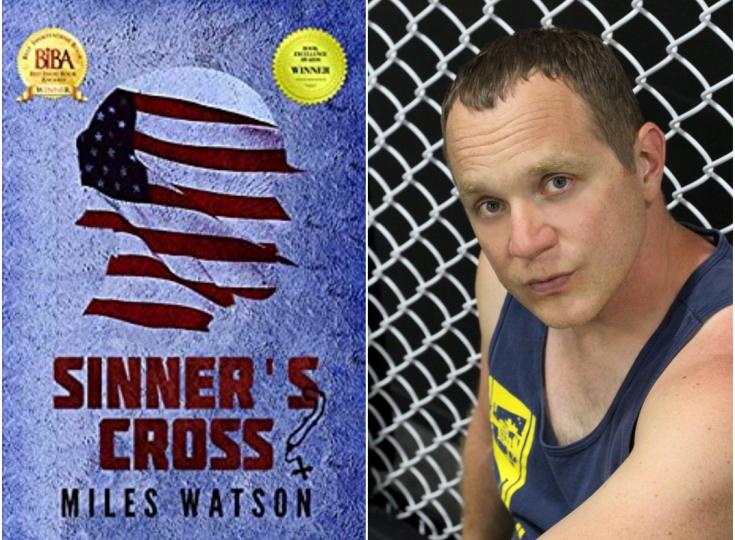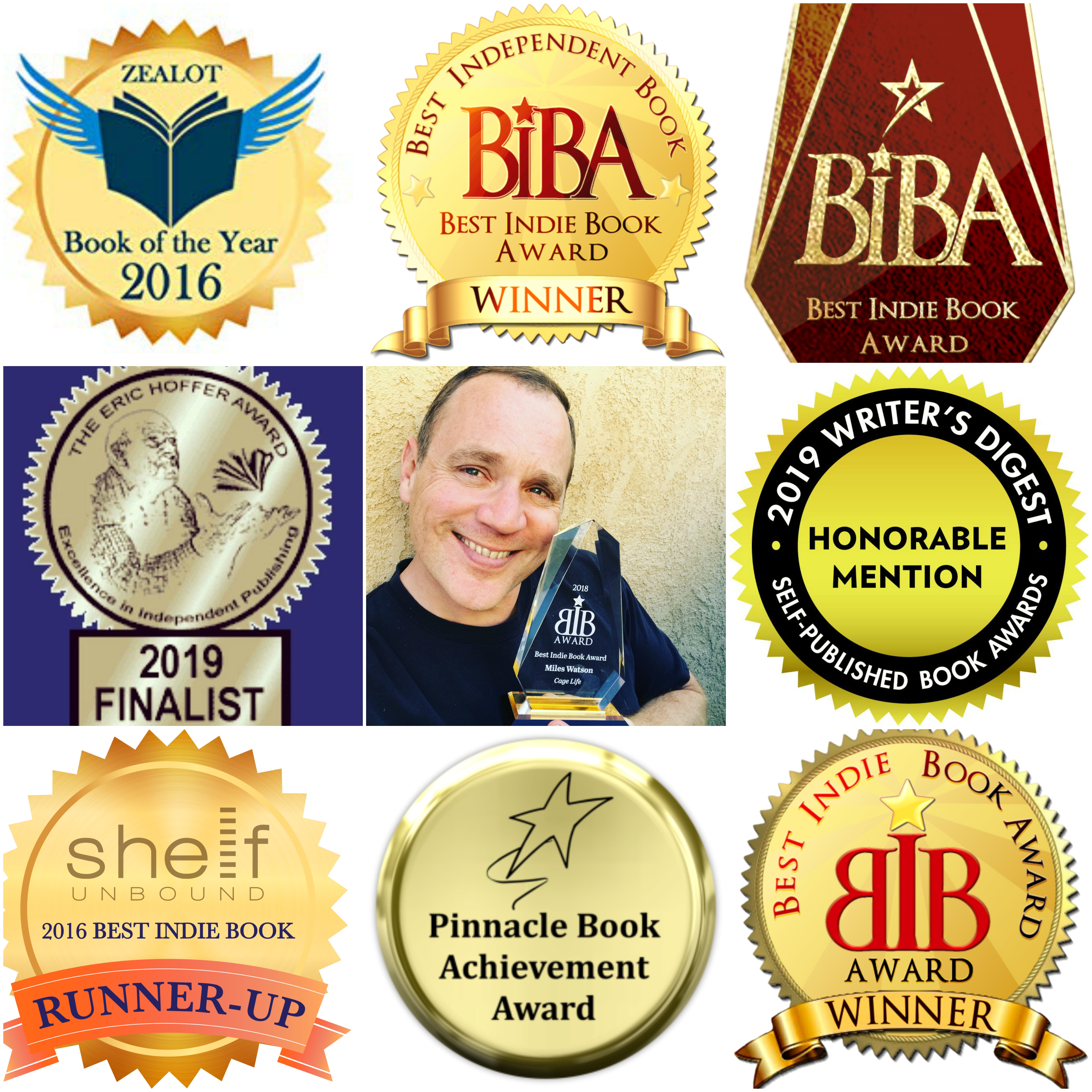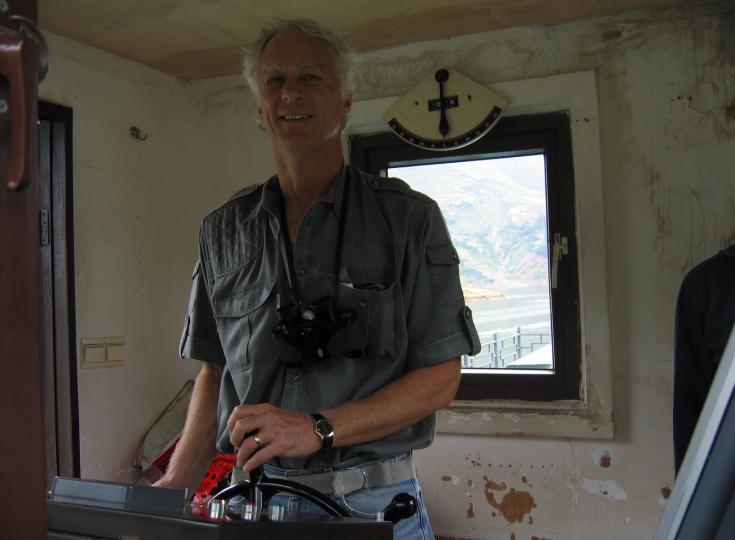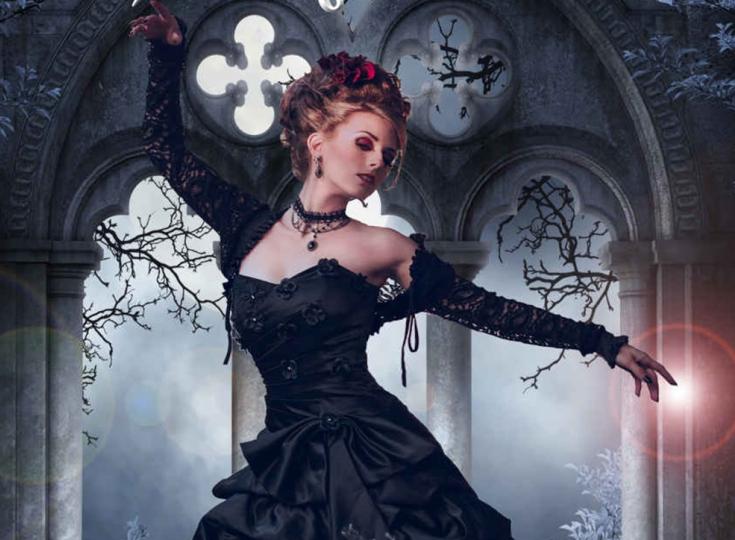Miles Watson - Dissecting War

Miles Watson is the x10 award-winning author of CAGE LIFE, KNUCKLE DOWN, DEVILS YOU KNOW, NOSFERATU, and THE NUMBERS GAME. With SINNER'S CROSS, he enters the maelstrom of World War 2, delivering an epic saga of courage and cowardice, heroism and hate, that will haunt readers for years to come. As our Author of the Day, he tells us all about it.
Please give us a short introduction to what Sinner's Cross is about.
Sinner's Cross is a WW2 story that takes place during the Battle of the Huertgen Forest in 1944. It is the story of three men – two Americans and one German – who are engaged in that battle, and to an even greater extent, engaged in a battle with themselves – their fears, their doubts, their own commanders. It is a story about human beings under extreme pressures, and how they react to those pressures – for good, bad, and ugly. It is a depiction of the war which is very different from what most people are used to reading, set amid a gigantic battle which almost no one in America has ever heard of.
What inspired you to write this story?
This is going to sound melodramatic (it probably is melodramatic), but Sinner's Cross was probably the book I was destined to write. I've always had a passionate interest in the Second World War and have studied it my whole life, even to the extent of conducting interviews with its veterans. When I was in my teens I read Charles Whiting's The Battle of the Huertgen Forest and was both engrossed and appalled by the story of the fight, which killed 26,000 people and yet which was completely unknown to the majority of the American public. Over the years I read more and more about the battle from different sources, scholarly and popular, and finally one night the dam burst and I began, without any conscious intention of beginning a novel, to write its first lines. Under normal circumstances, it takes me a year to pound out the first draft of a book. Sinner's Cross took twenty. This was a story I had to get right. My respect for the dead demanded it.
Why did you pick 1944 Sinner's Cross as the backdrop for this story?
Sinner's Cross is a novel about people, not places or things, so I made the decision to virtually eliminate all place-names in the story and keep the time-frames as ambiguous as possible. My objective was to reproduce the emotional, spiritual, and psychological effects of the battle on its participants by using each character as a kind of allegory or synthesis for the entire campaign. Well, I did the same thing with the setting. Sinner's Cross does not exist and never existed. It's a representation of the entire battle – this meaningless, worthless crossroads deep in the woods that doesn't even have a name, that thousands of men end up dying to possess. The idea is that we're all sinners, and soldiers perhaps more than most. The crossroads are where they come to be judged.
Tell us more about Halleck. What makes him tick?
On the surface, Halleck is tough and taciturn – a typical cowboy, a typical Texan. Beneath that surface, there is a lot going on. Although he would never admit it, he has a poetic soul. When he drove cattle for a living, he came to realize the central irony of the cattle driver's life, which is that you fall in love with the animals you send to slaughter. Now, in the war, as a sergeant in an infantry company, he's experiencing that irony on a much larger and more painful scale: the Army tells him he must care for his men, and the Army also orders him to send them to their deaths. It creates a tension within him, and as the novel opens, he tries to resolve that tension by making a promise to himself to protect the batch of replacement soldiers that have just arrived at his company, to see them through their first battle safely. It's not a promise he can keep, but Halleck being Halleck, he's damned well going to try.
Why did you decide to write an actor, who can play any part but hero, into the story?
If Halleck is sort of an archetype of the natural-born combat soldier, Breese is meant to represent the opposite. He's the ordinary person sucked into a war he does not want or understand, and who is not up to the tasks required. In a more personal sense, Breese is meant to represent me at his age. Who he wants to be is not who he actually is, so he gravitates naturally toward playing roles, toward outward appearances, toward performances. He's a handsome, intelligent, articulate guy, but he's shallow, vain and selfish and the filth of war, the physical discomfort and the mortal terror, are simply too much for him. He has moments of courage and moments of cowardice, and he makes mistakes of judgment that get a lot of men killed. Halleck is his mentor, but their relationship is contentious and not very successful. Breese is a good actor, but when he comes to Sinner's Cross he finds he cannot play the part.
Who is Zenger and what makes him so special?
Zenger is the German character in the story. He's a highly decorated officer in command of an elite battalion of paratroopers known as the Green Devils. They are some of the best soldiers produced on any side during the war, known for their ruthlessness, tenacity, and ferocity, and Zenger is a legend among them for embodying all these qualities to a terrifying degree. As the story begins, however, he is starting to lose his resolve. A seemingly trivial incident involving a young soldier named Bastaby has caused a kind of cascade of doubt and despair to wash over him. He no longer believes Germany can win the war, and so the deaths of his men in a lost cause seem increasingly pointless to him. He begins to look for a way out – not for himself, but for the soldiers under his command, and specifically for Bastaby, a boy-soldier who has no business in uniform. What makes Zenger special is that he does not fit the cartoonish image of the German soldier we generally see in movies or read about in war novels. He's a man for whom war has been a way of life, who is now ready to renounce it, but doesn't know how to do so without betraying his sense of duty.
Sinner's Cross received multiple rewards. What surprised you most about reader reactions?
Every writer has things they hope the reader will pick up on. In this case, I was especially proud of the strong sense of atmosphere I created for the novel, and I was hoping that the reader would feel as if he or she was actually there and not just turning the pages of a book. I was extremely pleased when veterans of the Army or the Marines reached out to me to tell me how completely I had “nailed” the emotions and sensations of war and military life. It's a huge compliment.
How much research did this book require from you and what was the most interesting aspect of this research?
There was quite a bit of research involved, but perhaps not as much as you might expect, for several reasons. First, I have been studying this subject for many, many years, so I had a large amount of information already in my head when I began writing – and a lot of books on hand to use as a reference, including old military manuals and journals from the war. Second, my research was basically focused on getting small details right, the little things that make a situation seem realistic and create strong imagery in the reader's mind. What kind of tobacco did the Germans smoke? What kind of food did the Americans eat? What kind of music did each side listen to in 1944? Because the story is a synthesis of the entire campaign, I didn't have to worry about place-names or geography or even, to some extent, time-frames. The “big picture” is not part of the ordinary soldier's view of war, so it wasn't part of my research. Having said that, I am a nerd when it comes to research, especially historical research, so I found all of it equally interesting.
The story is told from different POVs. Why did you take this approach?
The choice of a crossroads as the setting of the novel is not an accident. When I began Sinner's Cross, it was meant to be a 20,000-word novella about Halleck. It was his story entirely. In America, however, there is no market for novellas, which sadly happen to be one of my favorite mediums of storytelling, so I eventually decided to expand the novella into a full-length book. I didn't want to write an anthology, however, so the trick was finding a way to add a second and third act that were part of a single narrative. I ultimately decided to use a 3-character POV approach with non-linear storytelling that weaves together and overlaps each character's arc, producing a complete tale. It was a helluva challenge, but it worked, and it was immensely satisfying when I finally (finally) pulled it off.
Which of your characters has been the most challenging to write for?
None of the acts was easy to write, but Breese was a nightmare because writing a character who lacks a strong sense of personal identity, who is weak and vacillating, who is in a process of unpleasant self-discovery, is a damnably difficult task. Halleck knows who he is. Zenger knows who he was and who he wants to be. Breese doesn't know anything. He's an unformed character, a piece of very soft clay who gets thrown into a blast furnace instead of a kiln. His tragedy is that he doesn't get to choose who he will become, as he would have eventually in peacetime. The war chooses for him. It was nasty business because I see some of my younger self in Breese: he's the guy the audience will probably relate to the most, even though he's not innately likable.

Do you have any interesting writing habits? What is an average writing day like for you?
I have found that getting enough exercise is crucial if I want the calm and physically relaxed attitude which is necessary to write for long periods of time, so I try to spend a few hours burning up all my excess energy before I sit down and bang the keys. That's fairly typical. On the other hand, if I overdo it, I end up feeling too tired to be creative and end up on the couch watching 80s TV shows when I should be writing. It's a fine line. The whole concept of feng shui resonates with me when it comes to writing because what I am trying to produce on paper is atmosphere, and it follows that I need the proper atmosphere in which to write at home. I don't want any distracting sound, I don't want overly bright lights, I prefer to be surrounded by books. At the same time, I can take my laptop to a public place like the Farmer's Market here in Los Angeles and write surrounded by big crowds, because all the sound comes together to form a white noise which is strangely conducive to thinking. One secret I probably shouldn't reveal is that when I am not on the wagon, I will sometimes drink a whole slew of beers or some Irish whiskey and put on Mazzy Star or Ludovicio Eindaui and just see what happens with all my inhibitions drowned in alcohol. For me, there is a kind of zone I go into I call The Writer's Place where time has no meaning to me and I can write hour after hour without being aware of my surroundings. Any means I use to get there is fair game because it is only then that I do my very best work.
What are you working on right now?
At the moment I am working on an epic horror novel which has taken me 2 ½ years to write and counting, but which is nearly and thankfully finished. I'm also working on a horror short story. I write in every genre and am fairly prolific, despite my Bohemian habits. I have already written the sequel to Sinner's Cross and am in the final phase of the drafting process. I have ideas for two more novellas as well. My problem is not lack of ideas for stories, its getting them all on paper.
Where can our readers discover more of your work or interact with you?
Right now I'm in the process of overhauling my entire social media presence, and my website is still under construction, but I can be reached on my Facebook author and Goodreads profiles, and my entire body of work and my blogs can be found on my Amazon author page as well. For those interested in such things, I also have an IMDB page that lists my body of movie and television work.





